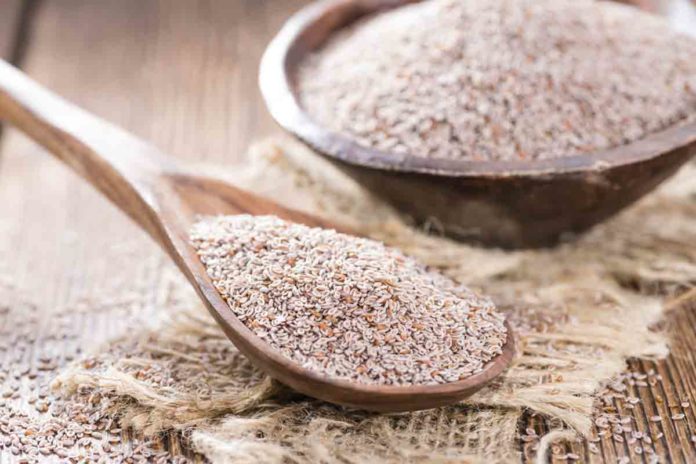Also Known As Psyllium Husk, Plantago Ovata, Ispaghula, Ispaghula Husk, Psyllium
Psyllium is a common additive in over-the-counter (OTC) laxatives and fiber supplements, such as Metamucil.
Medicinal Uses of Psyllium:
Psyllium or Psyllium Husks primarily used by those who suffer from constipation and Irritable Bowel Syndrome. Psyllium works by absorbing water and swelling inside the colon. Psyllium Husks produces a substance called mucilage, which is similar to adhesive glue and attaches itself to the impacted fecal matter in the colon.
Colon Cleansing Products, such as Colonix, use psyllium for this reason. It would explain the images of ‘poop-ropes’ you see scattered around on Dr. Natura’s website. These are not parasites or long worms, as many believe. The core of those ropes is the mucilage created from the psyllium husks.
Psyllium Safety Concerns & Restrictions:
When used in small doses, psyllium can be relatively harmless. However, if used exceedingly, psyllium might cause injury to the bowels. Always seek advice from your doctor, before the use of psyllium husks. DON’T take Psyllium or products containing psyllium husks if you suffer from Diverticulitis or Diverticulosis.
If you have diabetes, you should only take psyllium under the close supervision of your doctor. It is possible for psyllium to lower the blood sugar levels in the body. Therefore, your glucose levels should be observed.
Remember to drink plenty of water while taking Psyllium or products containing Psyllium. If adequate water is not consumed, it’s possible you will become constipated. It is not recommended that you ingest more than two tablespoons of psyllium per day.
